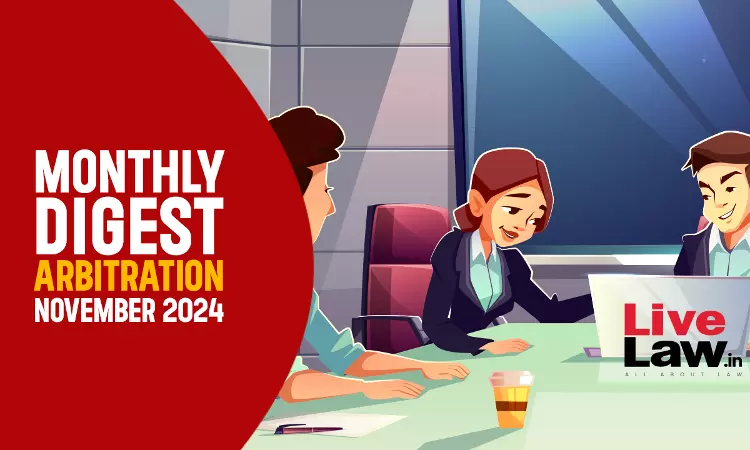Next Story
2 Dec 2024 8:00 PM IST
Supreme Court Government Entity Can't Be Given Differential Treatment While Staying Operation Of Arbitral Award : Supreme Court Case Title: International Seaport Dredging Pvt Ltd Versus Kamarajar Port Limited, Case Number- Civil Appeal No 12097 of 2024 Recently, the Supreme Court disapproved of a High Court's decision to exempt a government entity from depositing other...

